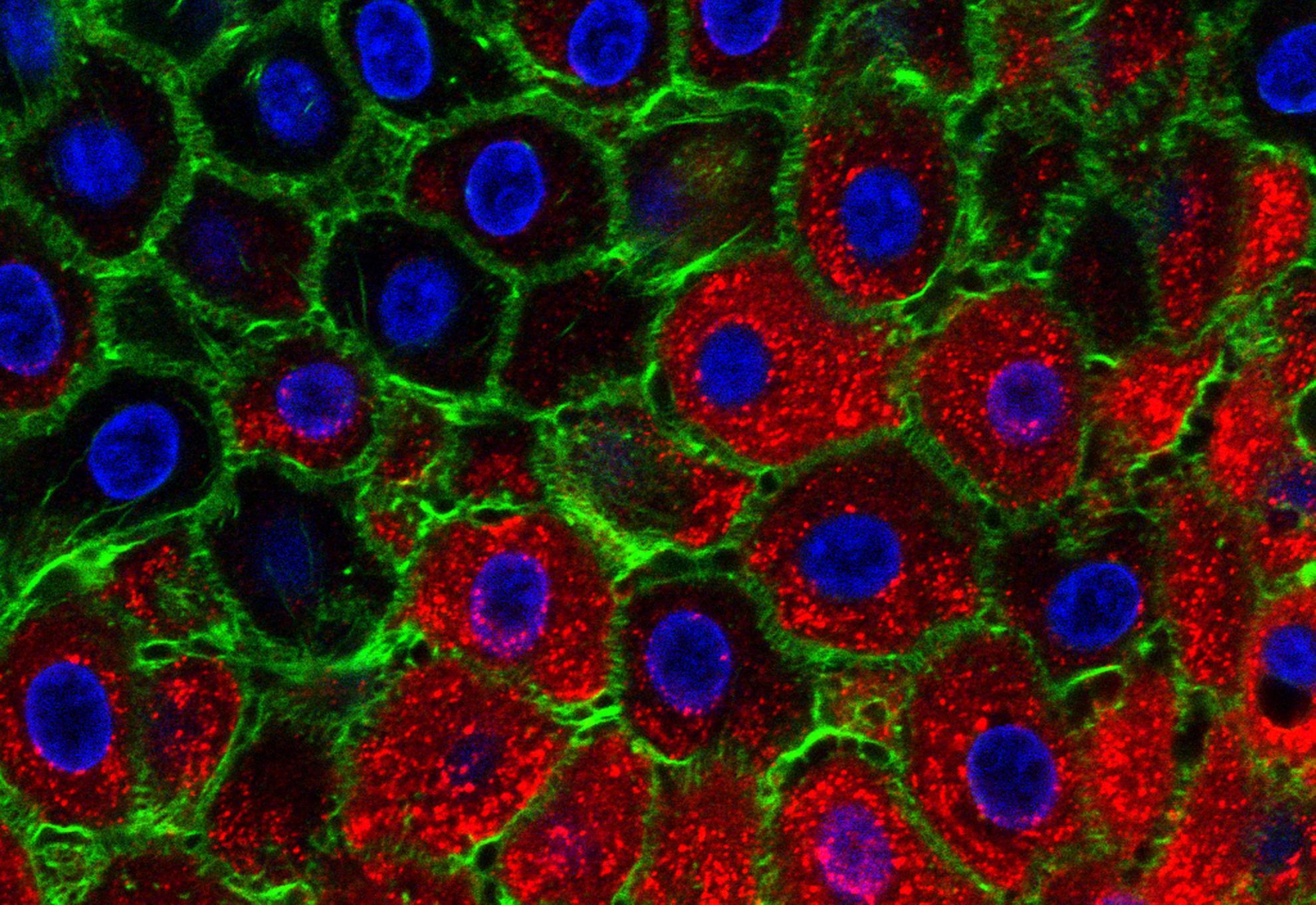The pathogenesis of foot-and-mouth disease II: viral pathways in swine, small ruminants, and wildlife; myotropism, chronic syndromes, and molecular virus-host interactions. (Review)
Investigation into the pathogenesis of foot-and-mouth disease (FMD) has focused on the study of the disease in cattle with less emphasis on pigs, small ruminants and wildlife. 'Atypical' FMD-associated syndromes such as myocarditis, reproductive losses and chronic heat intolerance have also received little attention. Yet, all of these manifestations of FMD are reflections of distinct pathogenesis events. For example, naturally occurring porcinophilic strains and unique virus-host combinations that result in high-mortality outbreaks surely have their basis in molecular-, cellular-and tissue-level interactions between host and virus (i.e. pathogenesis). The goal of this review is to emphasize how the less commonly studied FMD syndromes and host species contribute to the overall understanding of pathogenesis and how extensive in vitro studies have contributed to our understanding of disease processes in live animals.
Back to publications
